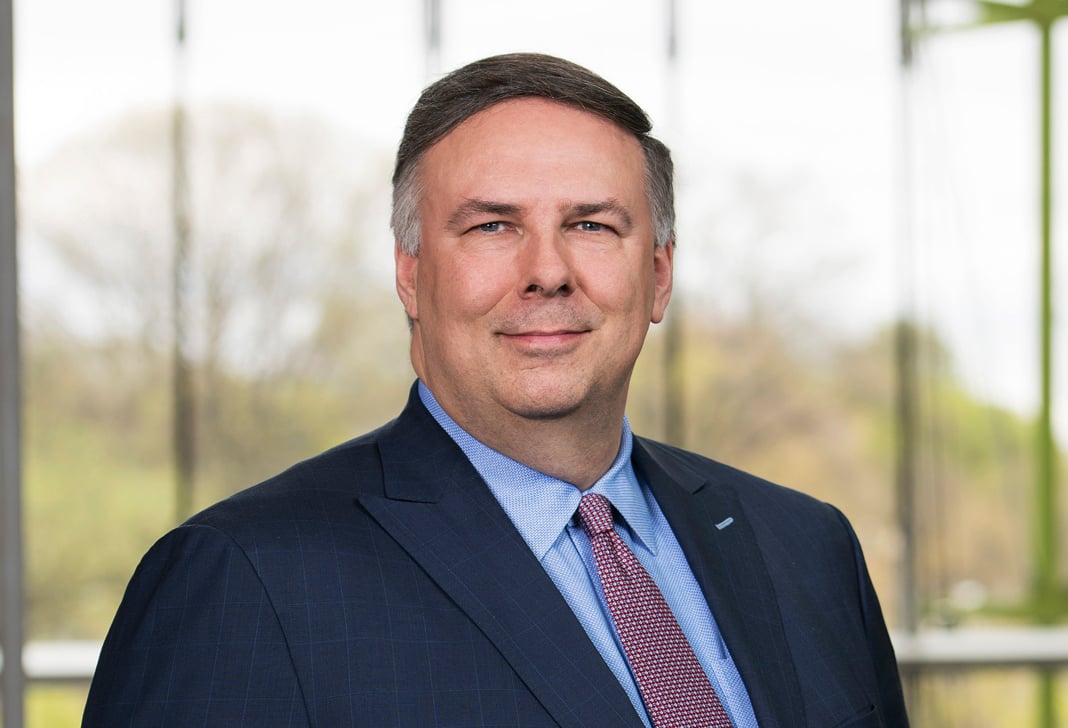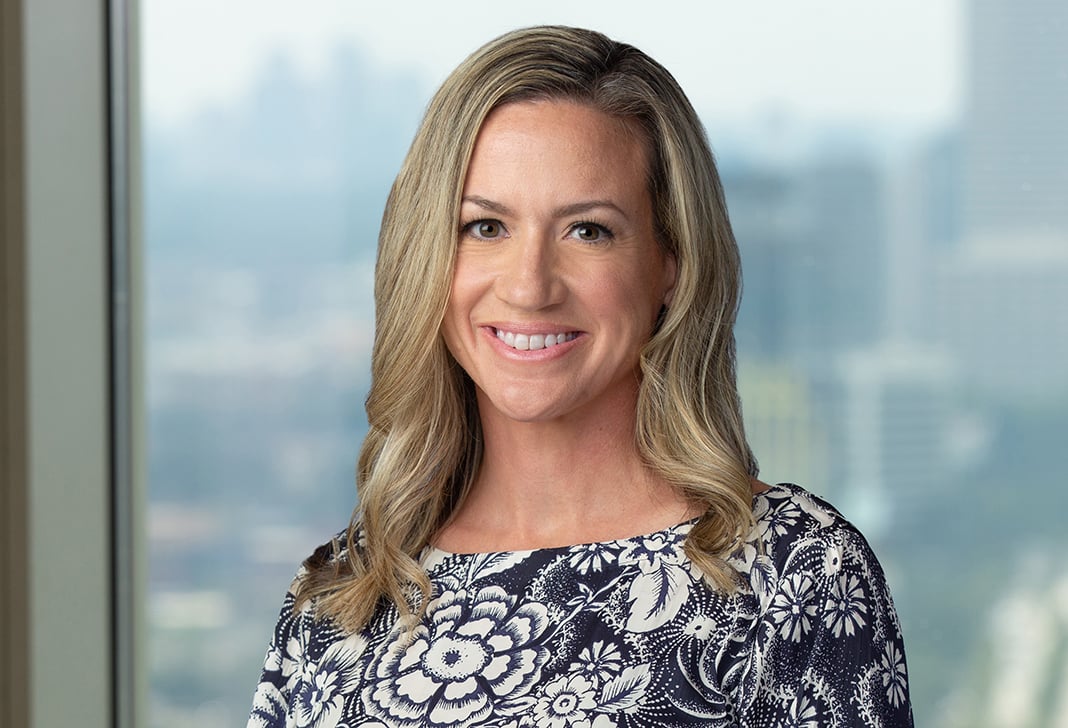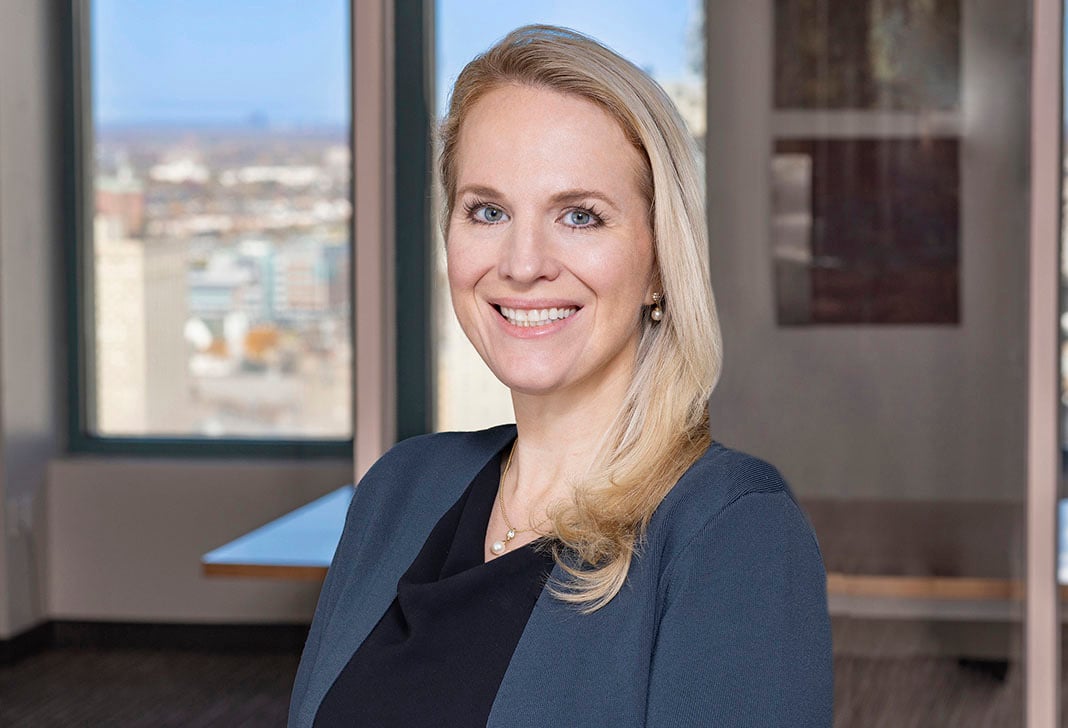Fear No Fees: No Payment of PTO Attorneys' Fees for District Court Patent Review
This decision should be a welcome development for patent applicants seeking review.
On July 27, 2018, the U.S. Court of Appeals for the Federal Circuit issued its en banc opinion in NantKwest, Inc. v. Iancu, No. 16-1794 (Fed. Cir. July 27, 2018), holding that a patent applicant could seek district court review of a rejection without paying for the time the U.S. Patent and Trademark Office's ("PTO") lawyers spent on the case. This important ruling of statutory interpretation removes a financial disincentive for seeking such review.
There are two ways to challenge a PTO rejection of a patent or trademark application: appeal to the Federal Circuit, or seek relief in a de novo district court proceeding. A party choosing the district court route is required to pay "all the expenses of the proceeding." 35 U.S.C. § 145 (patents); 15 U.S.C. § 1071 (trademarks).
The question in NantKwest was whether the "expenses" an applicant must pay include pro-rated salaries for PTO attorneys' time, as the PTO began advocating over the last few years. In 2015, the Fourth Circuit analyzed the analogous trademark statute and concluded that the applicant must pay these attorneys' fees. Shammas v. Focarino, 784 F.3d 219 (4th Cir. 2015). The 2017 majority panel decision in NantKwest held that the same was true for patents. NantKwest, Inc. v. Matal, 860 F.3d 1352 (Fed. Cir. 2017). Sua sponte, the Federal Circuit vacated the panel decision and decided to hear the issue en banc.
In its decision, the Federal Circuit held that the PTO could not collect attorneys' fees, applying the "American Rule" that litigants pay their own attorneys' fees. This rule can be overcome only by "specific and explicit" statutory language, which the majority found was lacking in Section 145 of the Patent Act.
In the dissent, Chief Judge Prost, along with Judges Dyk, Reyna, and Hughes, "doubt[ed]" whether the American Rule applied and considered the expense-shifting statute sufficiently clear to include attorneys' fees.
There is now a circuit split between the Federal Circuit (in patent cases) and the Fourth Circuit (in trademark cases) regarding whether the PTO can pursue attorneys' fees if an applicant seeks district court review. At this time, it is unclear whether the government will seek Supreme Court review.
Jones Day filed a brief amicus curiae on behalf of the Intellectual Property Owners Association ("IPO"), and the en banc majority relied upon and cited IPO's brief twice in its opinion.




